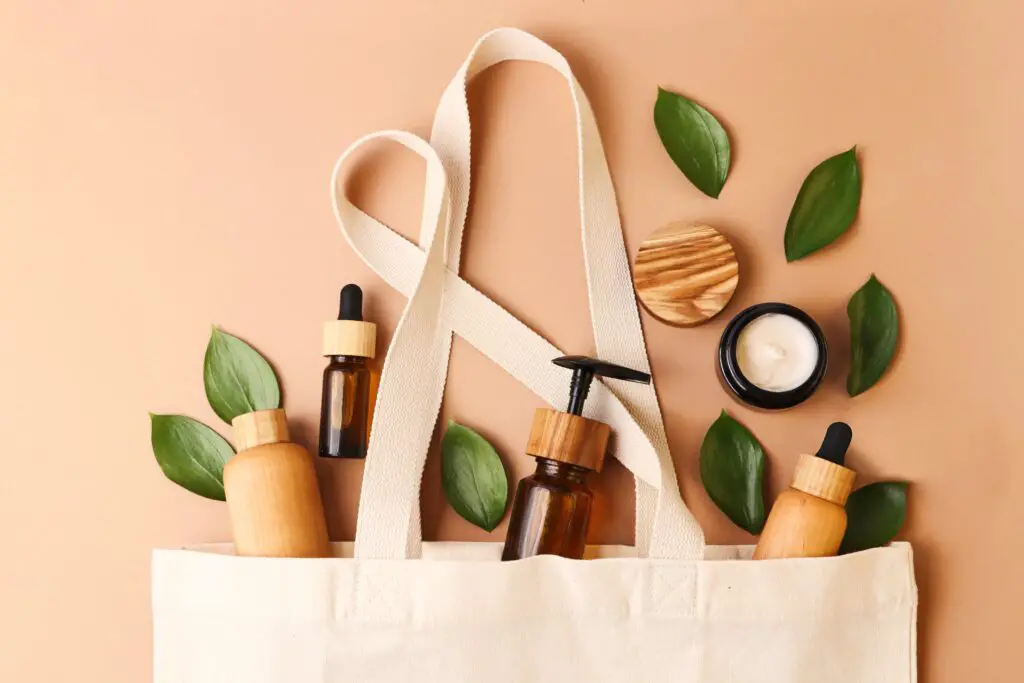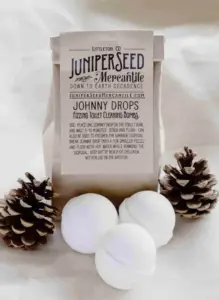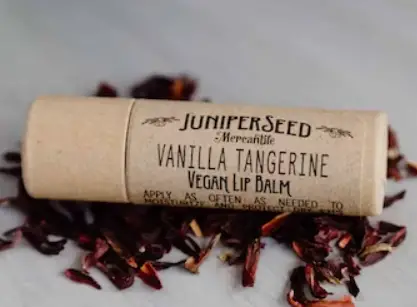We all use household products every day. We use products when we take a shower, brush our teeth, and clean our kitchens. Especially with products that we use daily, it is important to understand what kinds of ingredients go into each of these products. We have a personal responsibility to take care of the planet, and while we might not all be activists, we all have the power to vote with our dollars and choose the kinds of the companies we’d like to support. By understanding what ingredients are in our products, we also can better understand what possible toxins we are being exposed to that may be negatively impacting our health without even knowing it.

While sustainable household products are often more expensive then their mass-produced, cheaper alternative, the benefits of investing in brands who only use quality, non-harmful ingredients justify their higher price tag. It is an investment making choices that are better for your health and the planet, but in the long run, it is an investment worth making. If you’re using something every day, you want to be sure it is high quality and not exposing you to any additional harmful toxins.
To put things into perspective, below is a list of common harmful chemicals found in most skincare and household cleaning products:
Sulfates
Sulfates are common chemicals added to skincare and haircare products that allow products to lather. Sulfates have been known to dry out skin and hair and it can even cause allergic reactions in some with sensitive skin. However, what’s most concerning about sulfates is that many companies derive their sulfates from palm oil, which has been linked to the destruction of rainforests. When washed away, sulfates also introduce toxins to aquatic species.
Parabens
Parabens are preservatives used in products to helps them stay fresh longer. However, research shows that they cause women to produce extra amounts of estrogen. It can also impair reproductive and brain function. Parabens can enter your skin and mimic estrogen. This can cause extra cell division in the breast, eventually leading to breast cancer.
Synthetic Colors
Synthetic colors are often made from petroleum or coal tar. The coal industry is a major contributor to pollution and global warming. Coal also has a characteristic smell, so in order to hide the strong fumes, companies will often put toxic fragrances in their products. The more pigmented a product is, the more likely it is that it has high coal tar percentages. The makeup industry is especially known to use these harmful chemicals. When synthetic colors make contact with the skin, it can cause skin irritation, cancers, acne, and even ADHD (attention deficit hyperactivity disorder).
Fragrance/Parfum
Fragrances are found in many products such as shampoos, conditioners, air fresheners, and laundry detergent. Since companies can write off “fragrance” as a company secret, they do not need to disclose them harmful chemicals that make up their fragrance. Some fragrances have been known to cause respiratory issues, skin allergies, and issues with the reproductive system. They are also recognized as a known carcinogen and endocrine disruptor. While fragrances may make you smell good, they compromise your health in return.
Lead
Lead is often found in lip products. Companies do not directly add lead to their products, but it’s a common contaminant found in synthetic colors. Lead is considered a heavy metal and we already breathe in lead through different pollutants in our air, food, and water. Lead exposure, even in small amounts, can cause gastrointestinal issues, impaired cognitive function, and reproductive issues.
Juniperseed Mercantile
Juniperseed Mercantile is a small business in Colorado with a passion for great skincare, simple living, and taking care of the planet. They make all-natural bath and body products, home cleaning solutions, natural parenting essentials, and durable washable alternatives to everyday disposables. Their products are made directly in their workshop by real people. They are deliberately slow and careful, in contrast to the fast consumer culture of big-box stores.
“As environmentally concerned individuals in the age of climate crisis, we believe in a way of thinking and doing that seeks to connect us to who we are and where we come from that repairs our relationship to the earth. It’s not second nature to us—it IS our nature.” –Juniperseed Mercantile founders
Below are some of the products they’ve created using their environmentally-conscious and small-business mindset:
Johnny Drops –Toilet Cleaning Fizzing Bombs

- Freshen your bathroom and leave your toilet sparkling
- Septic system safe
- Zero-waste compostable and recyclable packaging
- Regular use prevents the need to scrub
- Make cleaning easy and fun
Vegan Vanilla Tagerine Lip Balm

- Richly hydrating
- Compostable paper tube
- Double the size of a standard lip balm
- No petroleum or animal products
- No artificial ingredients
- Scented with stevia
- Vegan
Investing in Small Businesses
By investing in small businesses, you’re not only voting against some of the heinous business tactics large corporations practice including compromising public and environmental health for profit, you are also paving the way for families who are passionate about supporting the planet to continue running their businesses. While you could easily go to your local drug store and pick up a cheaper alternative to natural cleaning and beauty products, what you won’t find in the cheaper products are clean, non-toxic ingredients, environmentally-conscious practices, and hand-made items made with deliberate care.
Hopefully, as more people start investing in small businesses, large corporations will get the message that people no longer will accept cutting corners, even if it means prices will be cheaper. This kind of accountability is needed if we want to see a change in environmental practices within a healthcare industry.

